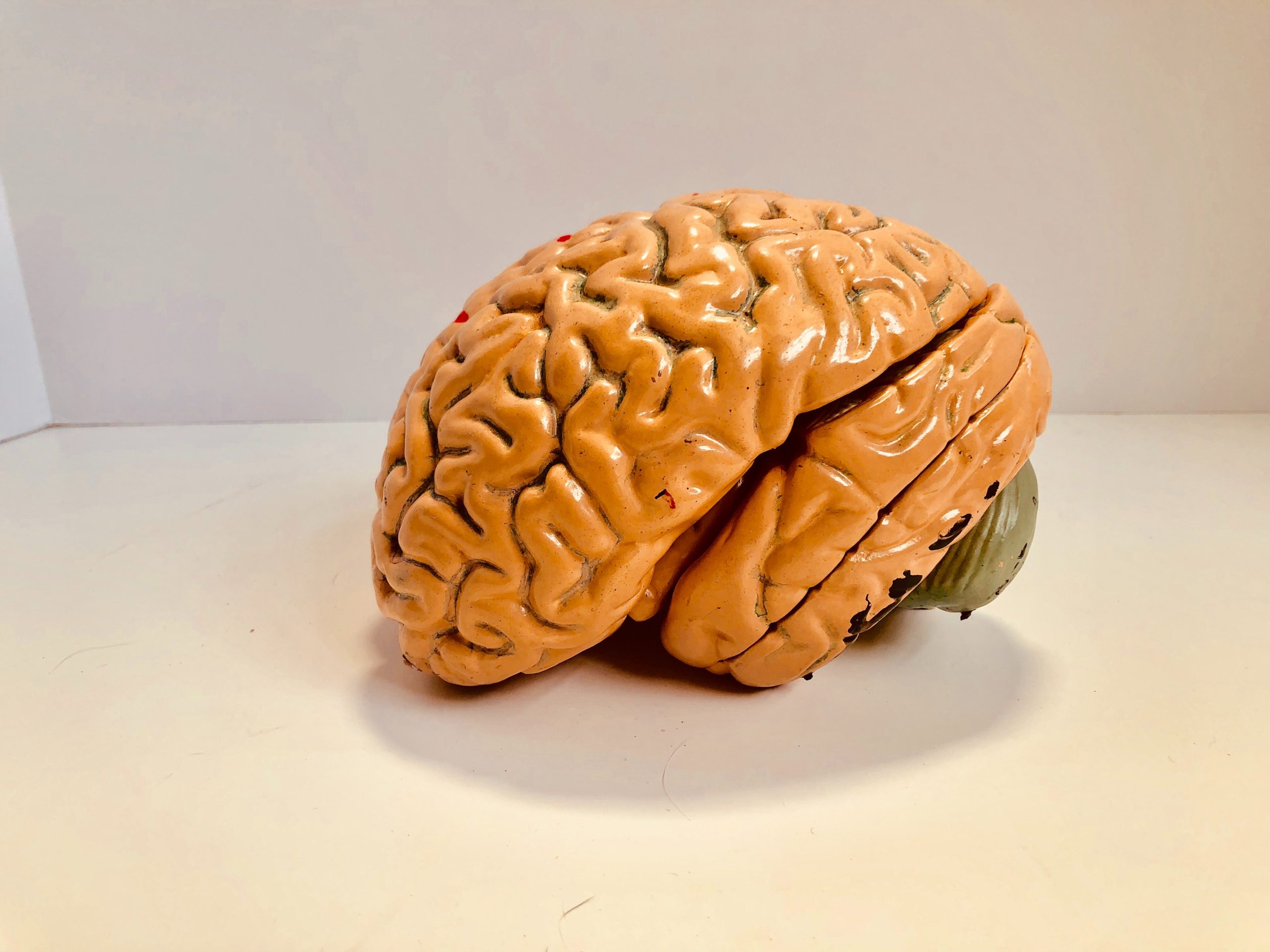As technology continues to push the boundaries of what was once thought to be impossible, questions about the relationship between the brain and the body are being reexamined in new and profound ways. One of the most intriguing questions is whether intelligence can exist independently of a physical form. In this article, we will delve into the complex and controversial topic of the brain-body dilemma and explore the possibility of intelligence existing without a physical form.
The human brain, often referred to as the most complex organ in the known universe, is the seat of our consciousness, thoughts, emotions, and cognitive abilities. It is a marvel of evolution, with billions of neurons intricately connected in complex networks that give rise to our subjective experience of reality. However, as our understanding of the brain and its inner workings has grown, so too have questions about the role of the body in shaping our intelligence.
Advancements in fields such as neuroscience, artificial intelligence, and brain-computer interfaces (BCIs) have raised the possibility of separating intelligence from the body. BCIs, for example, are devices that establish a direct communication link between the brain and external devices, allowing individuals to control technology or even communicate through their thoughts alone. This has led to speculation about the potential for augmenting or even replacing natural intelligence with artificial or digital counterparts, effectively detaching intelligence from a physical form.
Proponents of this idea argue that intelligence is fundamentally a product of the brain, and therefore, it can exist independently of a physical body. They envision a future where our consciousness could be uploaded to digital substrates, allowing us to transcend the limitations of our physical bodies and achieve immortality. They argue that separating intelligence from the body could open up new frontiers for human evolution, with the potential for enhanced cognitive abilities, expanded consciousness, and unprecedented possibilities.
However, skeptics of this concept raise valid concerns about the ethical, social, and philosophical implications of detaching intelligence from the body. They argue that our physical bodies play a vital role in shaping our cognition, emotions, and perception of the world. Our bodily experiences, senses, and emotions are interconnected, influencing our decision-making, empathy, and sense of self. Separating intelligence from the body could risk losing the essence of humanity and the holistic human experience.
Moreover, ethical concerns abound in this context. Questions about ownership, control, and privacy of cognitive data arise. Who would own the uploaded consciousness? Who would have control over it? How would privacy be ensured in the digital realm? These questions raise complex ethical dilemmas that must be carefully considered and addressed.
As we navigate the brain-body dilemma and the possibility of intelligence existing without a physical form, it is imperative to approach this topic with journalistic integrity and adhere to ethical principles. Accurate reporting, fact-checking, and verification of sources are crucial in ensuring responsible journalism on this complex and controversial topic. It is also vital to provide a balanced perspective, incorporating viewpoints from experts in various fields and considering the potential implications on society, culture, and humanity as a whole.
In conclusion, the debate about the possibility of intelligence existing without a physical form is a fascinating and thought-provoking topic that raises profound questions about the nature of consciousness, cognition, and humanity. While advancements in technology and neuroscience may bring us closer to decoding the brain-body dilemma, we must approach this topic with critical thinking, journalistic integrity, and an unwavering commitment to ethical reporting. As we continue to unlock the mysteries of the brain, we must carefully navigate the complexities of this issue to ensure responsible and accurate journalism.










